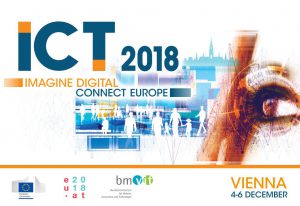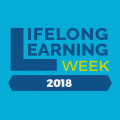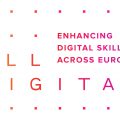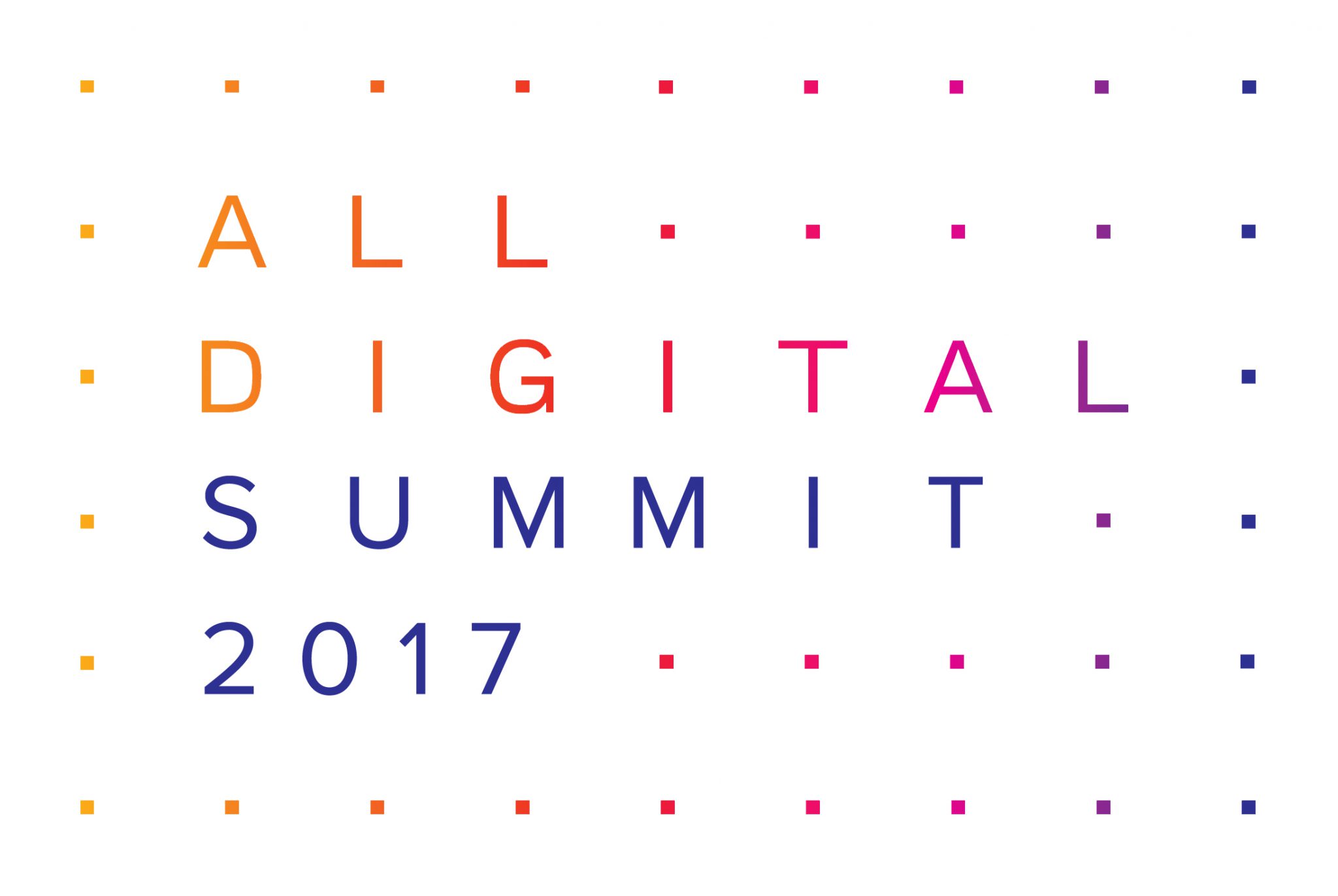
26 Nov Assessing the impact of extracurricular digital creativity activities
26 Nov, 2018
The workshop “Assessing the impact of extracurricular digital creativity activities” is part of the “ICT 2018: Imagine Digital – Connect Europe” event in Vienna. 
If you are coming for the event, join our networking session where we will discuss how we can assess the impact of extracurricular #digital #creativity activities such as #codingbootcamps, #hackathons #fablabs
About the workshop
- Digital creativity and digital skills acquisition are happening increasingly outside school in competence centres, libraries, coding clubs, fablabs, makerspaces & other settings.
- Companies, civil society organisations & universities run various digital skills training programmes, hackathons, coding boot camps and other for young people.
- These activities seem to be successful in attracting young people (14-30) to STEM careers, stirring their interest towards the digital and increasing their employability prospects.
But
- The methods for data collection and assessment of such activities are different and results are not comparable.
- We would like to bring together stakeholders to discuss how to collect & make available open data (quantitative & qualitative) on digital creativity activities & how to assess the impact of these activities on young people’s participation in the digital economy & society (acquisition of STEM skills, digital & 21st century skills, school performance, skills retention, innovation capacities, career, etc.).
Our aim is two-fold:
- To find out what frameworks for impact assessment of educational activities exist (e.g. Microsoft, Liberty Global, Google have developed such assessments).
- To create a consortium of interested stakeholders and develop a proposal for a research project on the development of a framework to serve as guidance to organisations in assessing the impact of their activities. Such project could be funded by H2020.





